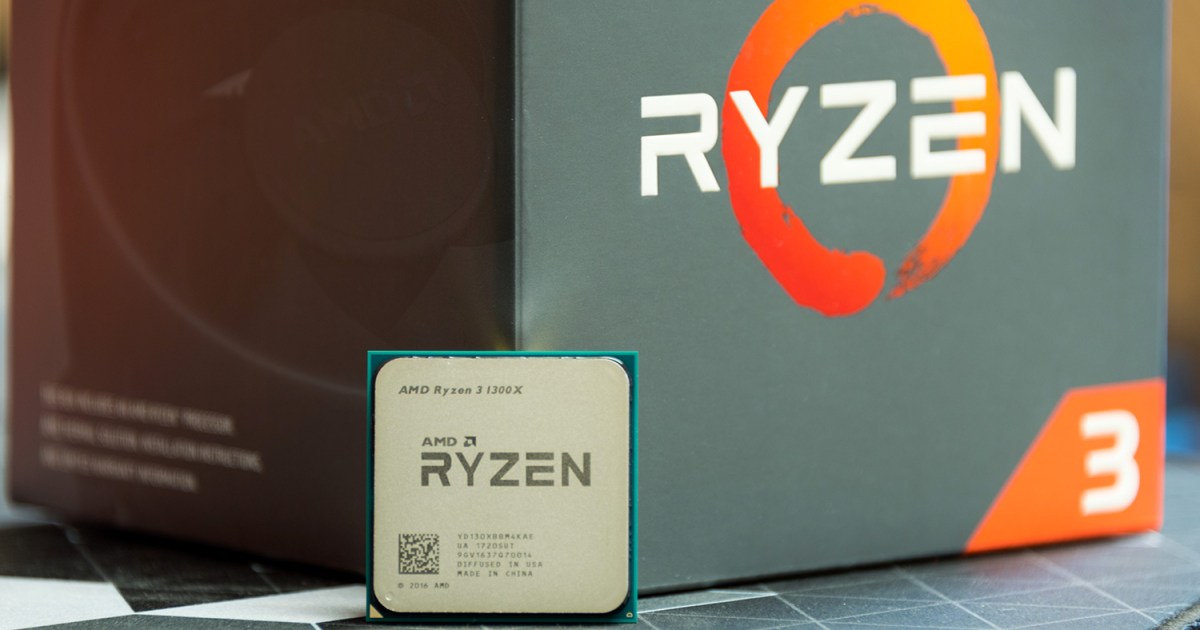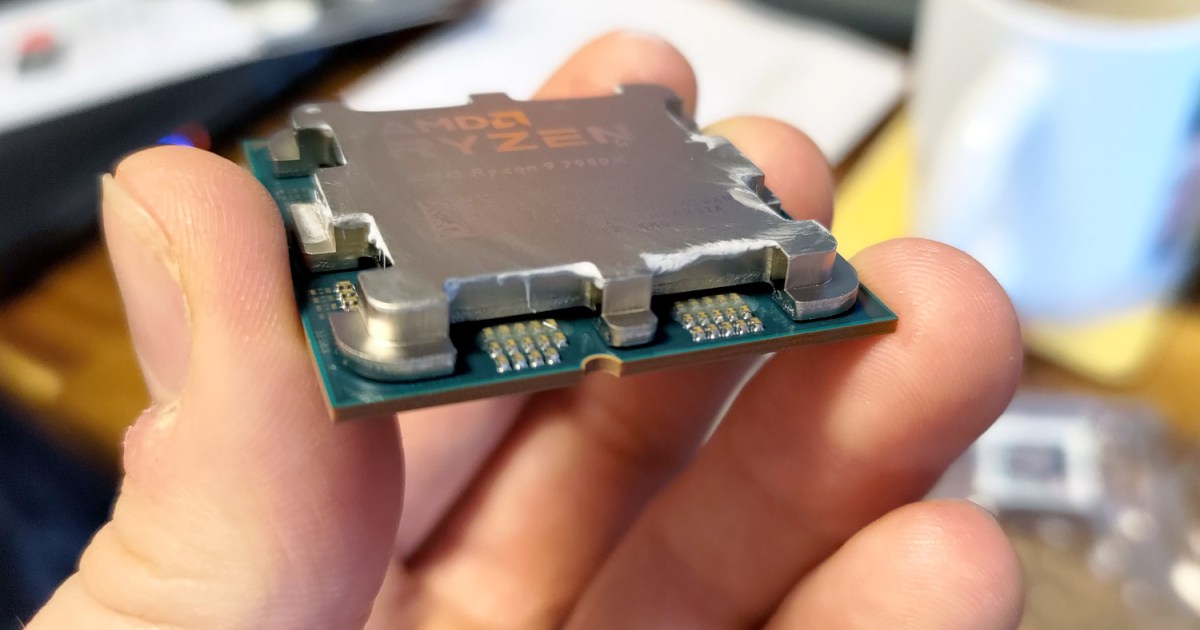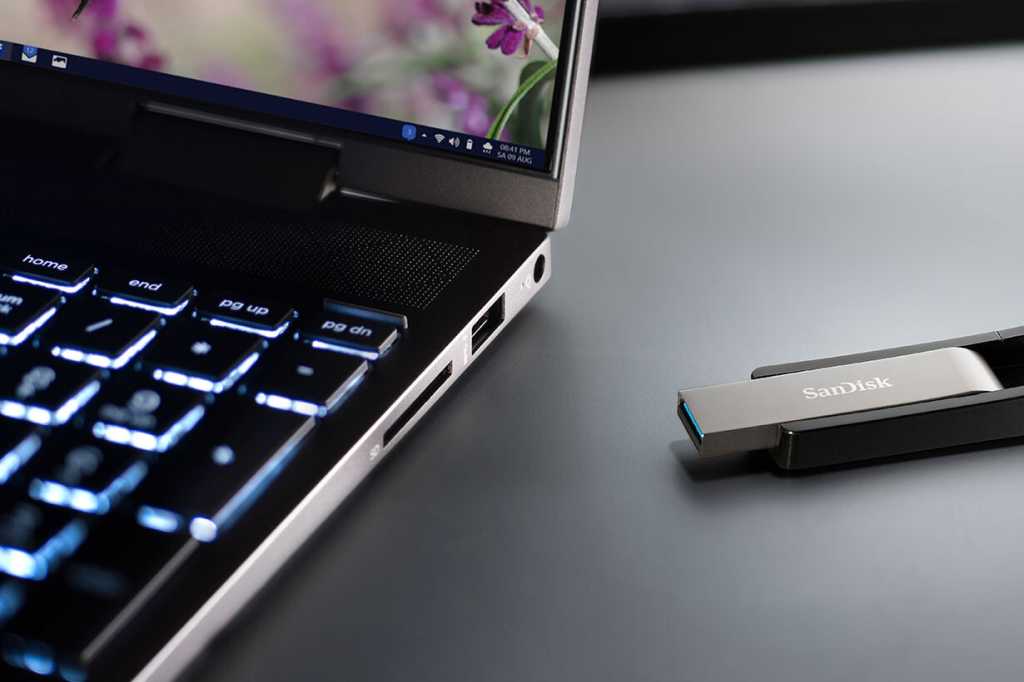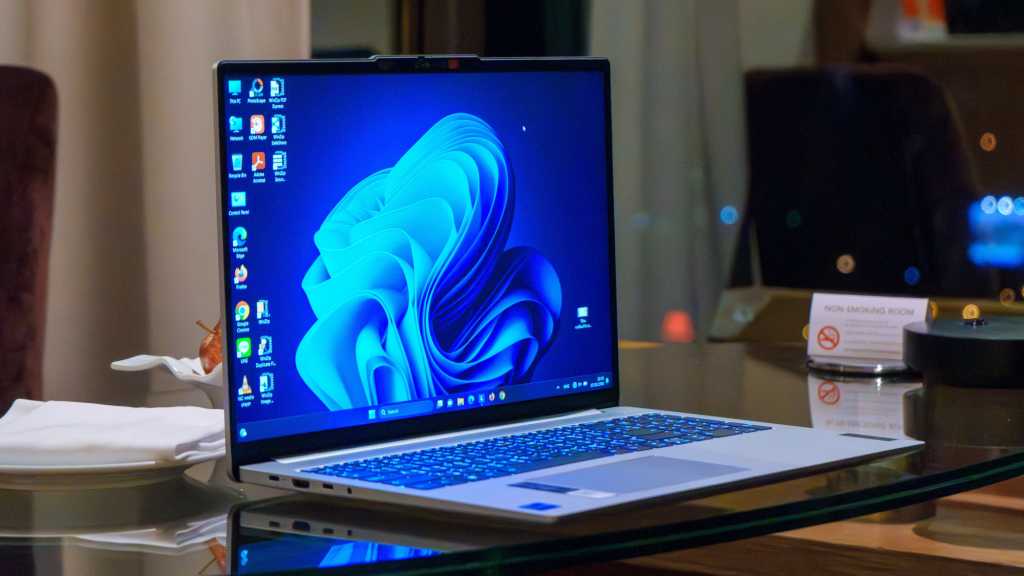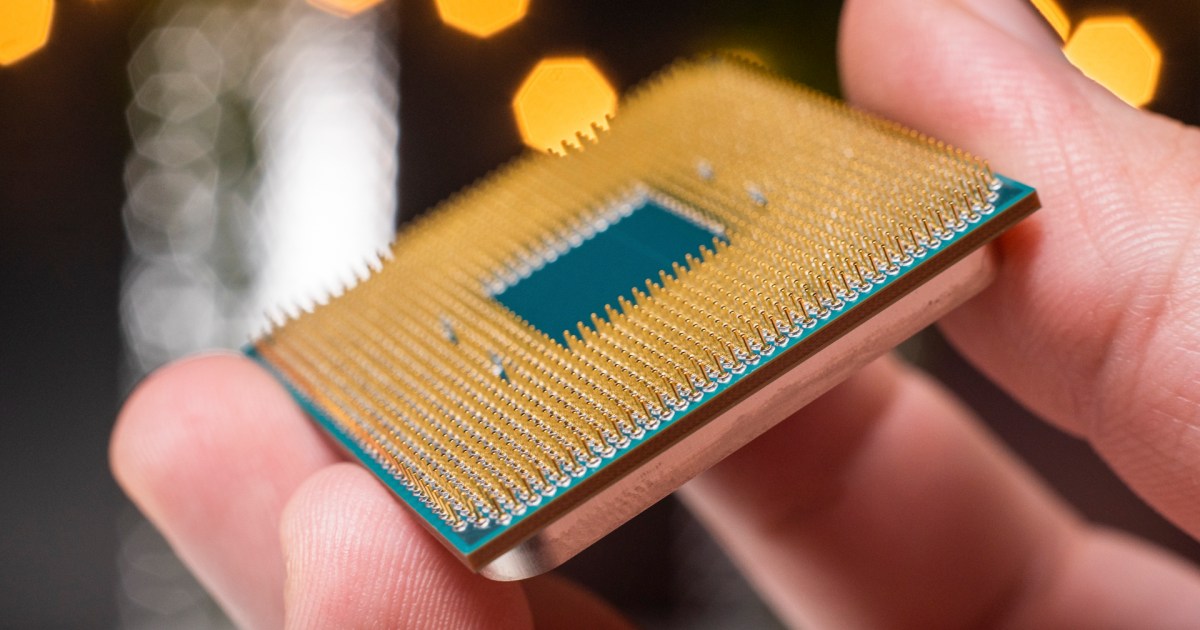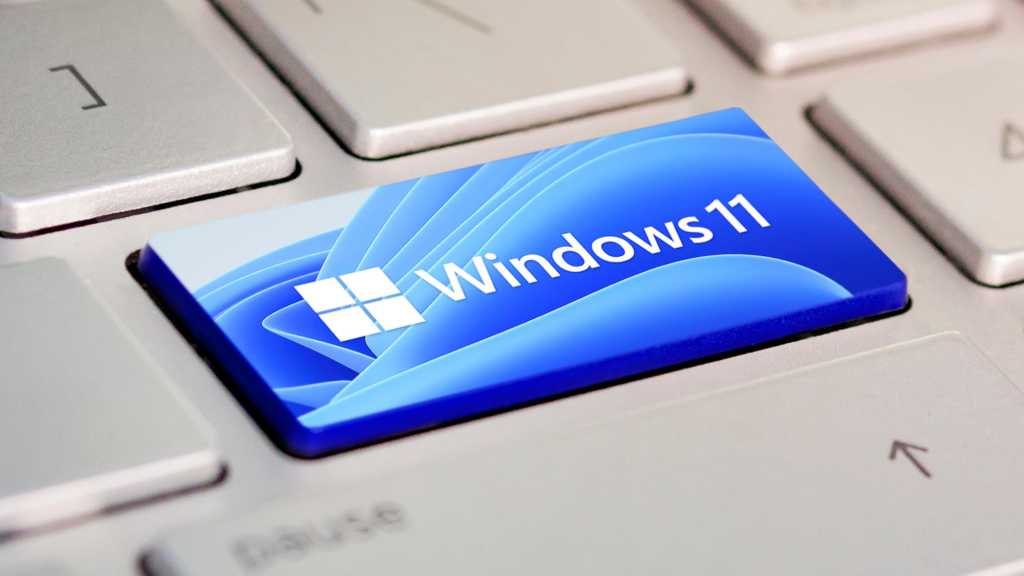CPUs are essential PC components, and like graphics cards, you might think they require specific drivers. However, this isn’t the case. While chipset drivers exist, and microcode operates within the chips, processors can be installed without dedicated drivers. While it’s crucial to keep many drivers updated, your processor isn’t one of them.
Understanding the Difference: CPU vs. Chipset Drivers
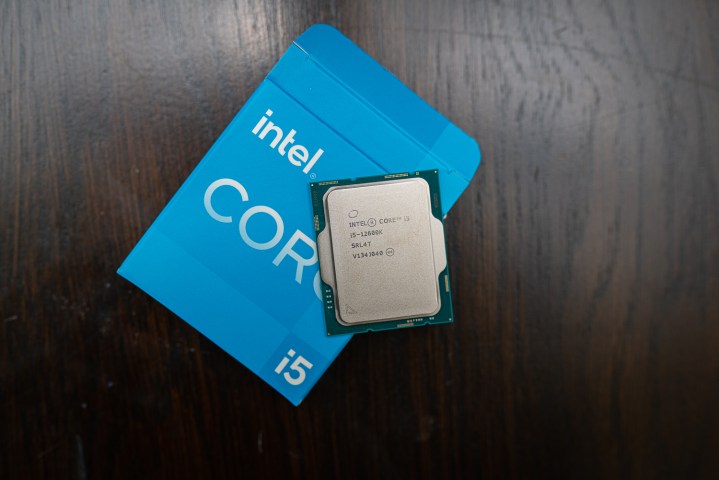 Intel Core i5-12600K CPU.
Intel Core i5-12600K CPU.
Generally, CPUs don’t require separate drivers. Your AMD or Intel processor doesn’t have specific drivers needing regular updates. There are no performance or security enhancements gained by updating non-existent CPU drivers.
Often, when people refer to “CPU drivers,” they’re actually talking about chipset drivers. These drivers are essential for the motherboard, ensuring all components work together seamlessly and enabling full system functionality. While some CPUs have integrated graphics that utilize drivers, the processor itself operates independently without dedicated drivers.
Integrated Graphics and Their Drivers
Processors with integrated graphics utilize drivers for desktop rendering and gaming. Intel’s 13th and 14th-generation CPUs include integrated graphics, unless designated with an “F” suffix (e.g., i9-14900K has integrated graphics, while i9-14900KF does not). AMD’s APUs (Accelerated Processing Units), specifically the G-series, also feature integrated graphics. Furthermore, AMD’s Ryzen 7000 series also includes an integrated GPU, a departure from previous generations.
Updating “CPU Drivers”: What You Really Need to Update
 Ryzen Power Plan
Ryzen Power Plan
While the idea of installing “CPU drivers” for integrated graphics might seem logical, it’s not essential. Prioritize keeping your chipset drivers updated. If you have a dedicated graphics card, ensuring your graphics drivers are up-to-date is also vital.
AMD’s newer chipset drivers include the AMD Ryzen Power Plans feature. This allows users to switch between high-performance and balanced modes, optimizing their Ryzen CPU’s performance without manual overclocking.
Intel, however, primarily offers chipset drivers for CPUs with integrated graphics. These drivers primarily affect the graphical capabilities, not the processor’s core performance.
Conclusion: Focusing on the Right Drivers
In summary, CPUs themselves don’t require specific drivers. Chipset drivers, however, are crucial for overall system functionality. For CPUs with integrated graphics, keeping those graphics drivers updated is important. If you’re seeking to optimize your CPU’s performance, focus on chipset drivers (and the Ryzen Power Plan for AMD users) rather than searching for non-existent CPU drivers.



